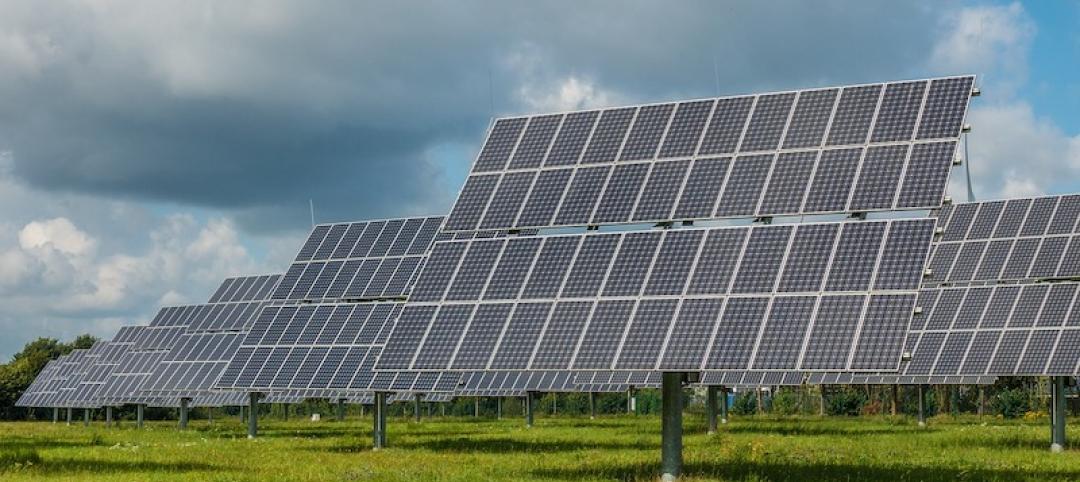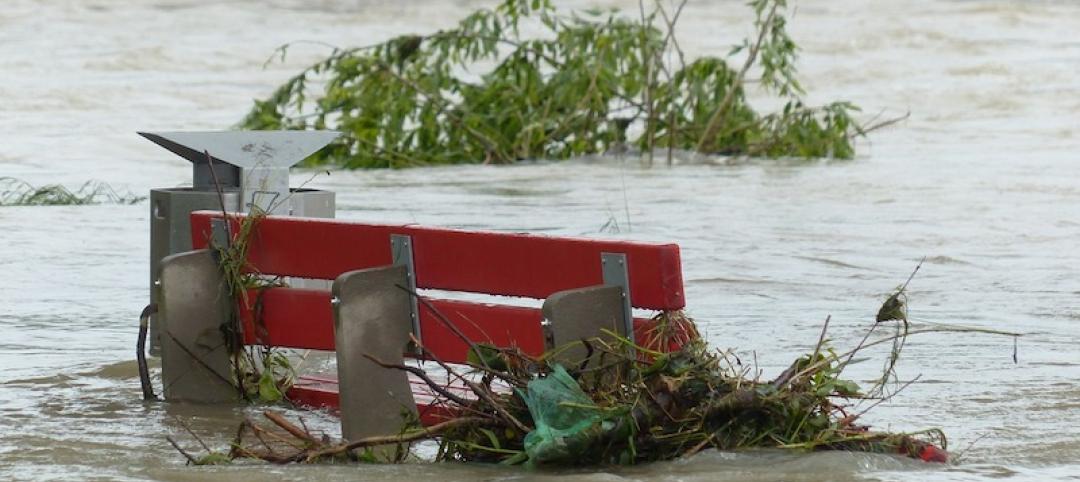Commonly used climate models may be significantly underestimating the risk of floods this century, according to a new study by Yale researchers.
Accurately pinpointing the magnitude and frequency of extreme rainfall hinges not only on tracking rainfall, but also on the way researchers model climate change, the study says. Previous studies averaged all the available climate models in order to figure out how much rain the planet will get in coming decades, but the Yale researchers only used the group of models that predict that climate change will result in an increase in precipitation efficiency—how much of a falling raindrop reevaporates into the atmosphere before it hits Earth’s surface.
They excluded models that forecast a decrease, since scientific observations over the past two decades indicate that climate change is yielding an increase in precipitation efficiency. The results show that it is possible that there will be as much as a twofold increase in the volume of extreme rainfall in the 21st century compared to what previous studies estimated.
Lawmakers could help prepare for extreme rainfall via fund initiatives that harden home infrastructure, such as rooftops, and improve drainage systems.
Related Stories
Codes and Standards | Jan 27, 2021
AECOM sues insurance carrier for payment of COVID-19 property damage claims
Claims ‘all-risk policies’ should have included millions of dollars of losses due to virus.
Codes and Standards | Jan 26, 2021
Updated guide to repair and rehabilitate existing concrete structures published
Document assesses how to adhere to code requirements.
Codes and Standards | Jan 25, 2021
New guide for skylight selection, daylighting design released
Free Fenestration and Glazing Industry Alliance document now available.
Codes and Standards | Jan 21, 2021
California considers statewide ban on natural gas heat, hot water in new homes
Code update would take effect in 2023.
Codes and Standards | Jan 20, 2021
Steel industry, labor urge Biden to retain steel tariffs
‘Essential to ensuring the viability of the domestic steel industry.’
Codes and Standards | Jan 19, 2021
2021 Solar Investment Tax Credit will remain at 26%
Incentive was scheduled to be reduced to 22%.
Codes and Standards | Jan 19, 2021
Thomas Jefferson University launches the Institute for Smart and Healthy Cities
Will address climate change, social equity, rapid urbanization, and health.
Codes and Standards | Jan 14, 2021
Petition urges FEMA to update flood maps, set tougher standards for floodplain construction
Environmental and planning groups note soaring claims, flood insurance debt.
Codes and Standards | Jan 13, 2021
Proposed change to IECC process irks efficiency advocates
New procedure would diminish influence of local code officials.
Codes and Standards | Jan 12, 2021
Two net-zero hotel projects could portend a new hospitality trend
Energy-intensive sector comprises 10% of all commercial real estate.

















